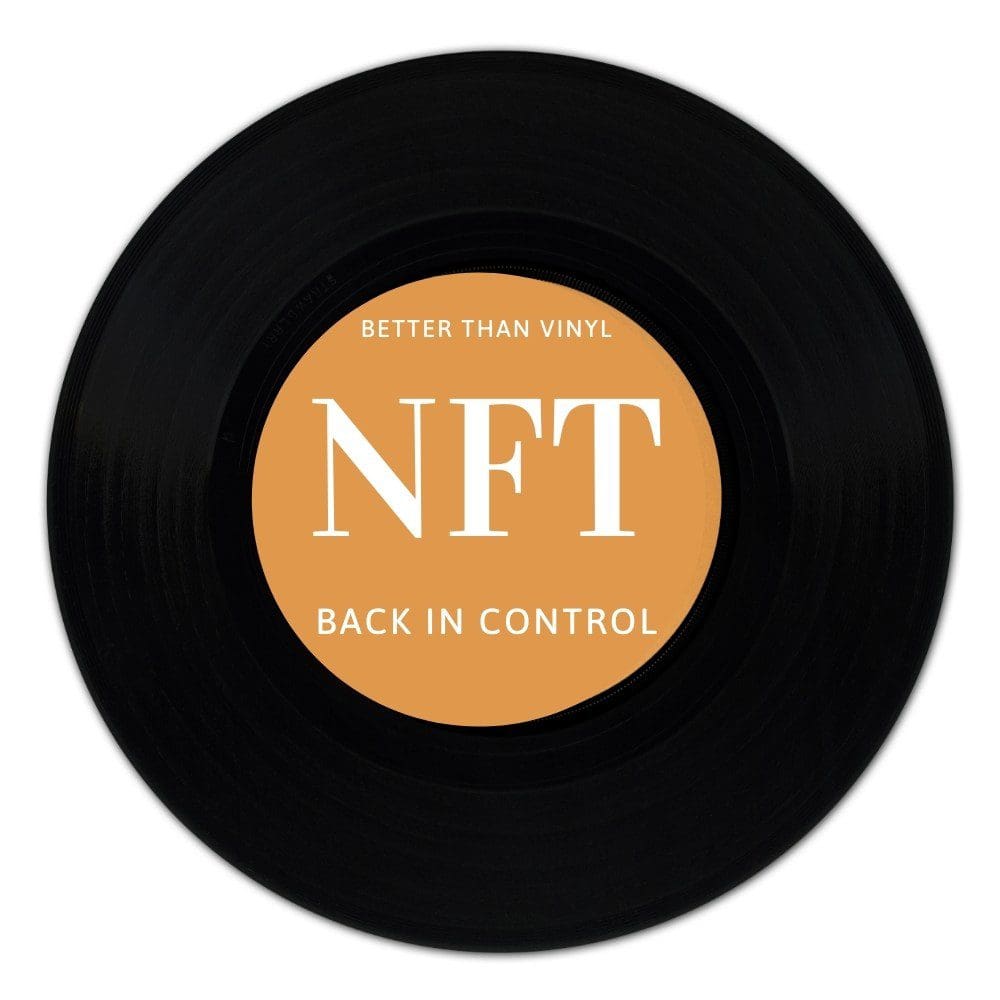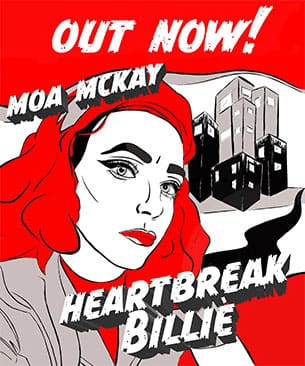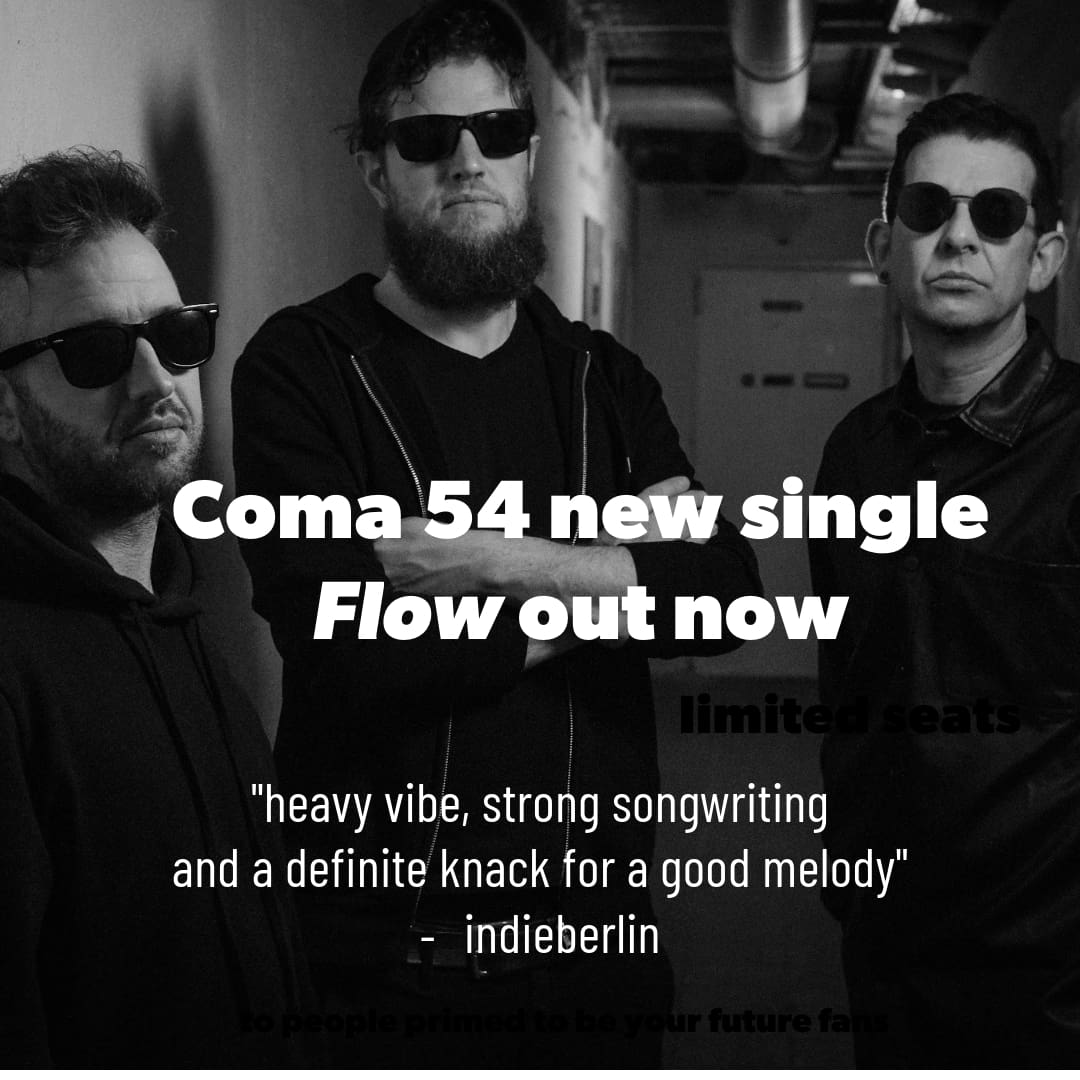NFT has become the buzzword of the last few months. There are those of you who will have checked it out, read up on it, perhaps tried it out; there are those of you who will be shooting down the NFT highway, music up loud and watching people eat your dust; there will also be those of you who are at the beginning of this particular journey.
If you’re already in the car and driving (keeping the metaphor going for just a bit longer), you can skip this next couple of paragraphs and jump ahead. For the others, here goes:
+++ How to sell your music as an NFT thru the brand new indieRepublik NFT Store +++
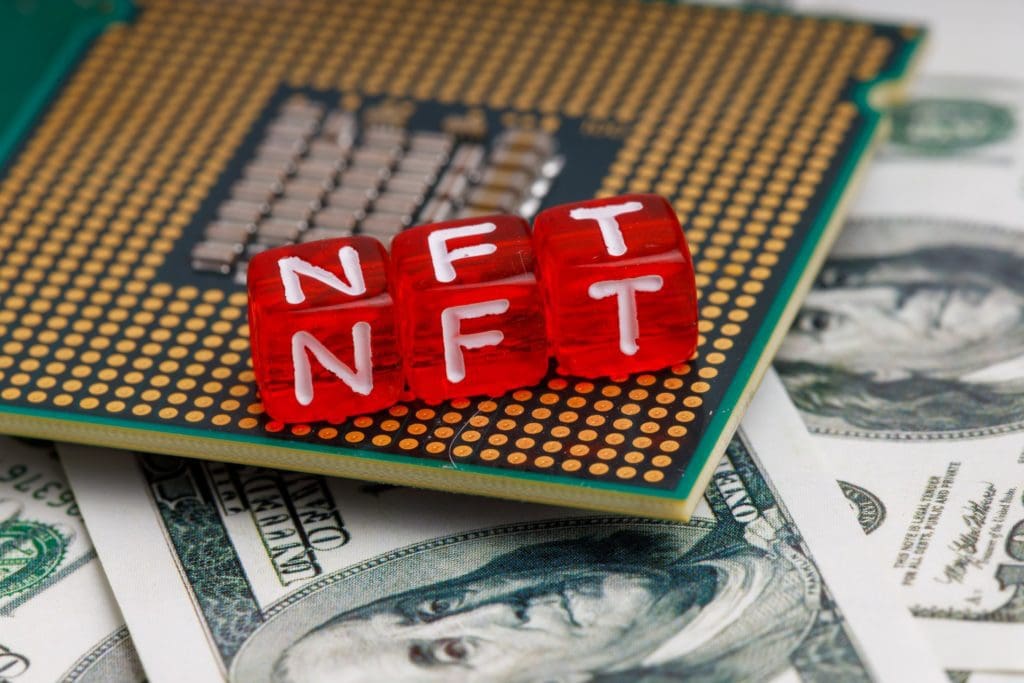
What is an NFT then?
NFT is short for non-fungible token. Fungible means something that there’s a lot of identical versions of – like euro coins for example. So non-fungible thus means something that’s unique; that there’s only one of. Could they have called it something simpler? Well, yes. But why not choose a name that’ll confuse the hell out of people? Much more fun.
What are the use cases of NFTs?
We are at the beginning of the advent of the mighty NFT, so the field’s wide open. While NFTs are being used for some things, in some situations, that doesn’t mean that that’s how things are going to stay. Innovation is the name of the game. But to answer the question, at the moment, NFTs have been used for:
- Visual art: NFTs hit the mainstream consciousness when the artist Beeple sold an art piece of his for 69 million dollars. Suddenly everyone was talking about NFTs. So: whereas you could sell a physical painting, where there’s only one of them, in the real world for an amount of money – because then the buyer would possess that painting (or a limited edition of a particular photo, where the photographers often say that there’s a limited run of 10 copies of that photo, for example); in the digital world, you can’t do that, because there’s no way of limiting the image, or of saying that there’s only one of that image: until NFTs came along. Slap an NFT code on a visual image and presto, you have a limited number of the image.
- Copyright: NFTs sit on blockchains. Blockchain ledgers mean it’s possible to record events that happen in a way that is immutable, i.e. once it’s there you can’t change it. It’s, ahem, set in stone (that analogy’s days are numbered, I realise). That means that NFTs are perfect to prove copyright of something: if you list yourself as having created something, at the time that you created it, then that information is available on the blockchain – in NFT form – for ever. Can’t be changed. Nuh-uh. And every time there is a change – the NFT sold to another person for example – that can be recorded in that same blockchain ledger too.
- Authenticity: Whether it’s medicines, supplements, diamonds or whatever: NFTs and blockchain can provide a provable and unchangeable record of the progress of a product, from creation to refining to production to packaging to shipment to your door.
- Real estate: Yes, even that. With a few clicks you could see everything about the house you want to buy: when it was built, by who, and with what materials; how it was modified, repaired, upgraded, serviced; when and to whom it was sold; and so on. Not in the house-buying strata? Think of renting a flat – I think we’ve all experienced the downside of rental, from dodgy landlords, discovering that when you move the fridge there’s a hole in the wall, the mould in the wall was just painted over and not removed, that the neighbour’s had charges against him for disturbing the peace…the list goes on. NFTs and a blockchain could hold all of that information. Whether open to the public to read or kept in a private ledger that you need the NFT to access.
- Music. You were probably wondering when I’d get to that one. While music and NFTs is the main reason why we at indie Republik are most interested in this new technology, it’s a brand new market. People are trying different things out, and as of writing in early 2022 lots of different things are being tried, but no one knows what will stick. But imagine pressing up – instead of a vinyl – a limited run of an album as an NFT, with attendant artwork. Imagine having 20 uniquely designed teeshirts or hats or something, that only the first 20 buyers of your new NFT single/EP/album can get. Imagine being able to track each resale of your digital, musical piece of art and earn a percentage of each sale. Imagine labels, not ready to sign an artist, instead buy one of five or ten NFTs that give them first dibs on signing an artist down the line…the list of possibilities is endless. Well, I mean probably not endless, but there’s a helluva lot of them.
- Fashion. How do you know that the piece of clothing hanging on your back – or even a piece of clothing that you want to buy – wasn’t made in a dodgy rundown building in Indonesia by underpaid workers with no rights? Again, NFTs and the blockchain can help to prove provenance: tracing the item back through distribution, supply chain, creation, even the growing of the cotton, for example. Plus when the metaverse hits (any day now, no really!) your avatar is defo wanna get decked out in some branded items…
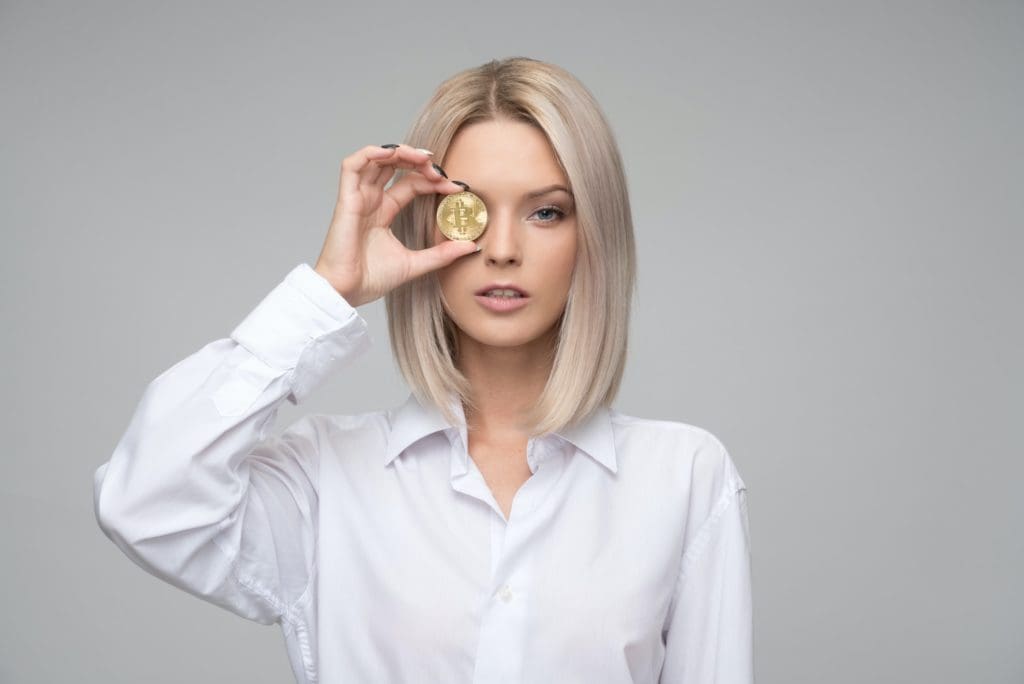
Why to NFT your new single
Okay, enough of the explainer section. Let’s cut to the grist of the thing. Why would you want to NFT your music?
Like I said, we’re at the very beginning of this thing, so we can only toss around the ideas that we know of right now. But that in itself leads to the first reason:
Because it’s here, now, and it’s not going away. The same as future-proofing your business, you may as well future-proof your music. Print those vinyls, burn those CDs, stream those songs, but mint them as NFTs as well.
Aren’t you sick of streaming services paying nothing? If not, you’re a better man/woman/etc than me. It takes a whole lot of work to learn your instrument, to find inspiration, write your song, get it recorded, get it distributed, and then when you finally, happily, have people actually playing your song…you might think you’d be looking at the possibility of being a music professional. Think again. Streaming…well, I don’t have to go into the pittance that streaming pays us, and I won’t, repeat won’t, go off on a rant about streaming service bosses becoming billionaires and investing the money that you should have been paid into weapons systems etc etc, no I won’t…at least not here…but: I think we all know that there should be another way. There should be a way where the person that creates the music should be the one that reaps the financial rewards from that music. NFTs. NFTs is the way. Make it limited, make it prized, and give your music back its worth (oo, felt another rant almost coming on there). I know, I know it’s not quite that simple, but it’s a concept that has a future – that supplies the chance, at least the chance, that you’ll get paid. With streaming, there’s none.
Make yourself newsworthy. Yes, there’s a lot of hype around NFTs in the music industry, and it’s that brand new shiny object. But that also means that journalists are eager to write about it. So while you’re doing your press release, instead of just telling them about how you’ve got a new single out on Spotify, you can use those flashy buzzwords that gets an eyeballs-hungry music journalist’s heart a-beating.
Impress your friends and confuse the hell out of your mum and dad. Okay, it’s not the main reason, and it’s not very serious, but hey, that’s got to be in the mix, amiright?
How to turn your music into an NFT
We’ll be covering this in more detail in future articles. But it’s reasonably straightforward. The easiest way (and yes, here’s the plug 🙂 is to sign up to our indieRepublik NFT store. We do the whole thing for you! While still, at time of writing, strictly in Beta, and launching properly in mid-March, we give you:
- Your own artist page on indieRepublik.com, with short bio, link to your single/album in the NFT store, plus links to wherever else you sell or stream your music
- We mint (create) your single or album as an NFT, put it in our store, and curate it
- Your song is added to our indieNFT playlists on the most obvious streaming services
- We plan to routinely send out a shortlist of the most interesting NFT singles in our store to a list of labels and industry movers and shakers
If you’re interested in finding out more about selling NFTs through indieRepublik, please get in touch here or fill in the form below. We’ll also be running (probably weekly) Zoom webinars to explain the basics. To find out more about this, also get in touch here or fill in the form below.
I want to know more about nfts and indie republik
Of course, there are other ways to do your own NFTs. You need to set up a digital wallet (top places to do that include Coinbase and Metamask), open an account at OpenSea (where we also have our NFT store), add your details, and hey presto, you’re in the NFT business!
We think that NFTs and blockchain are going to revolutionise the independent music industry, and they have the power to truly, finally, put the power (and the profits!) back in the hands of the musicians and creators. I guess only time will tell…

